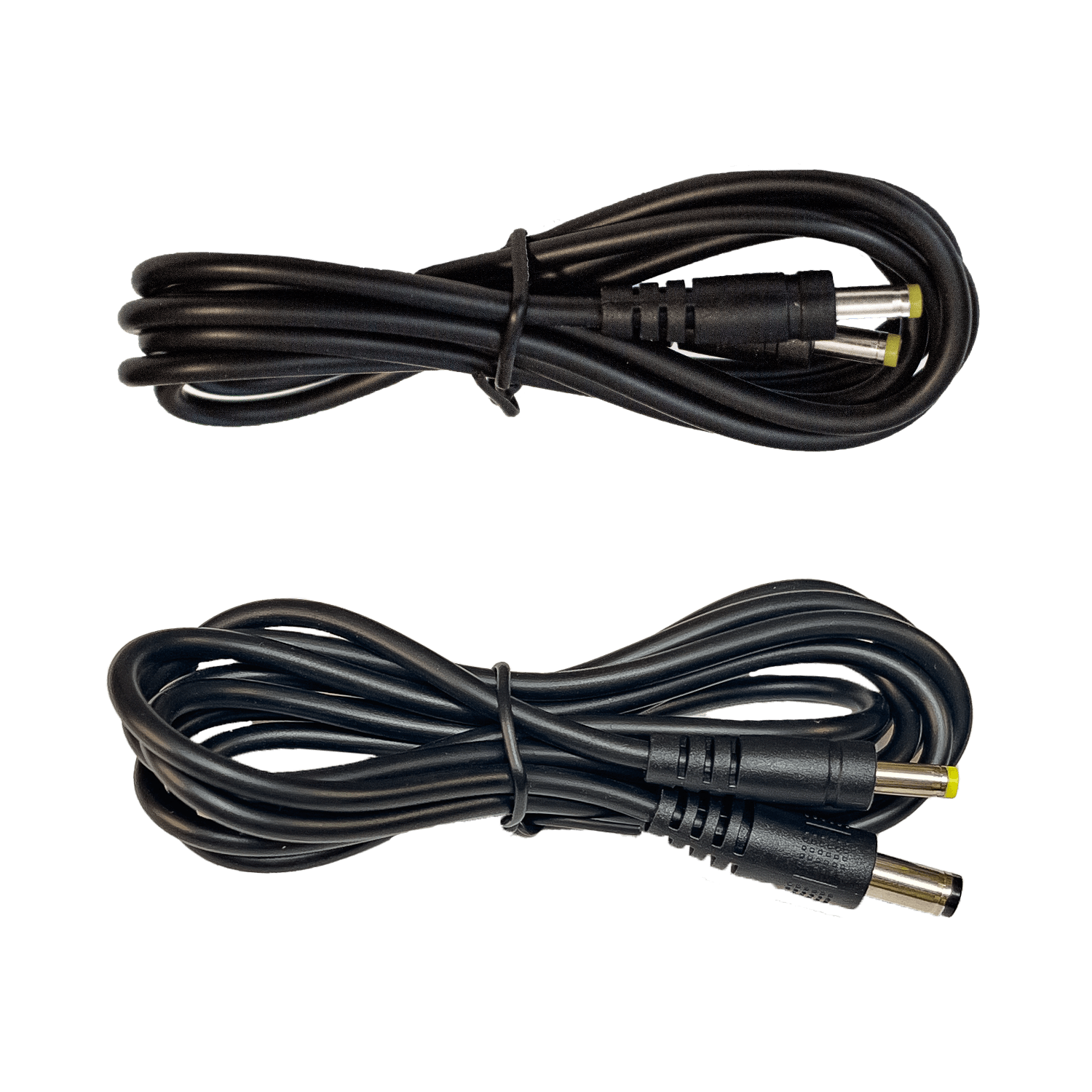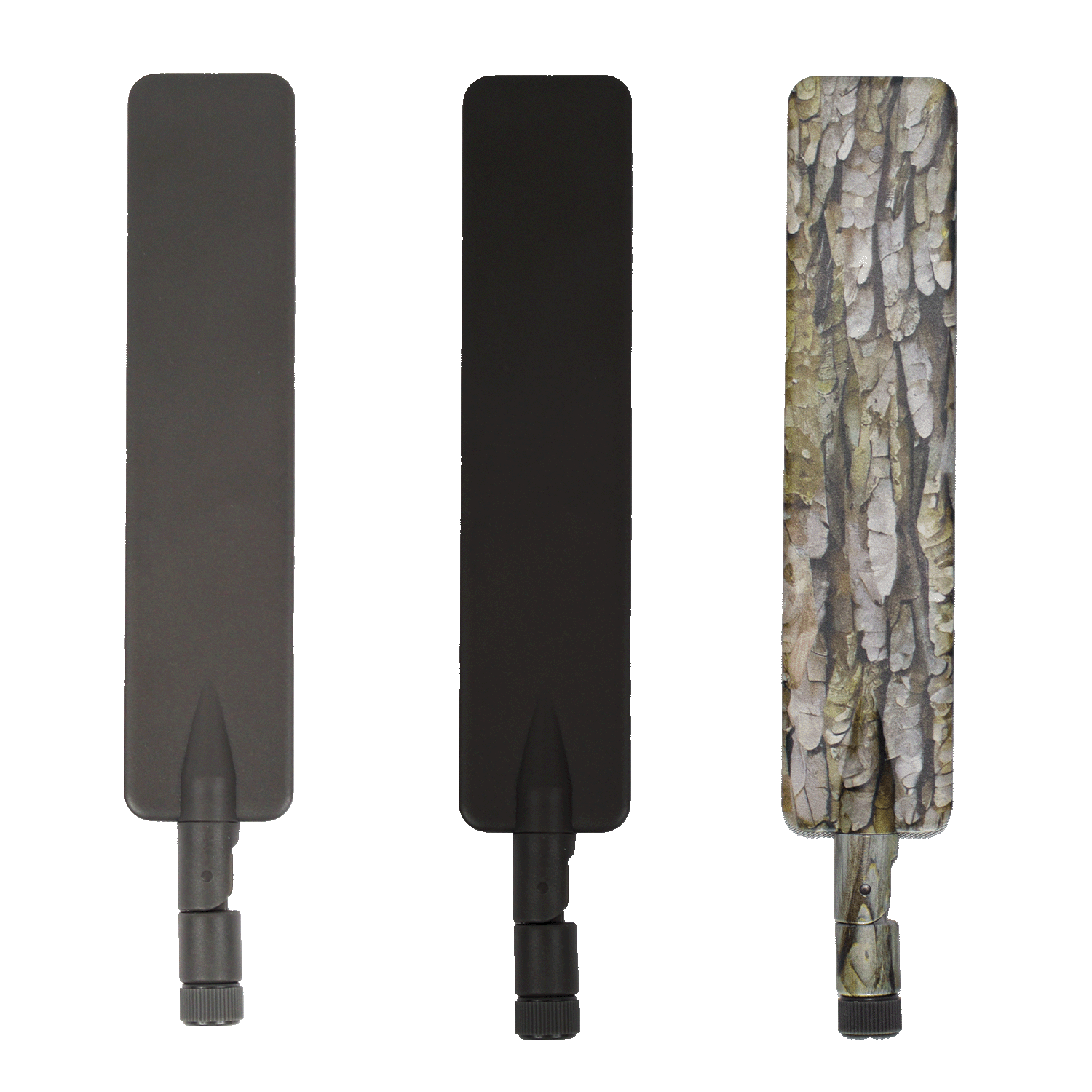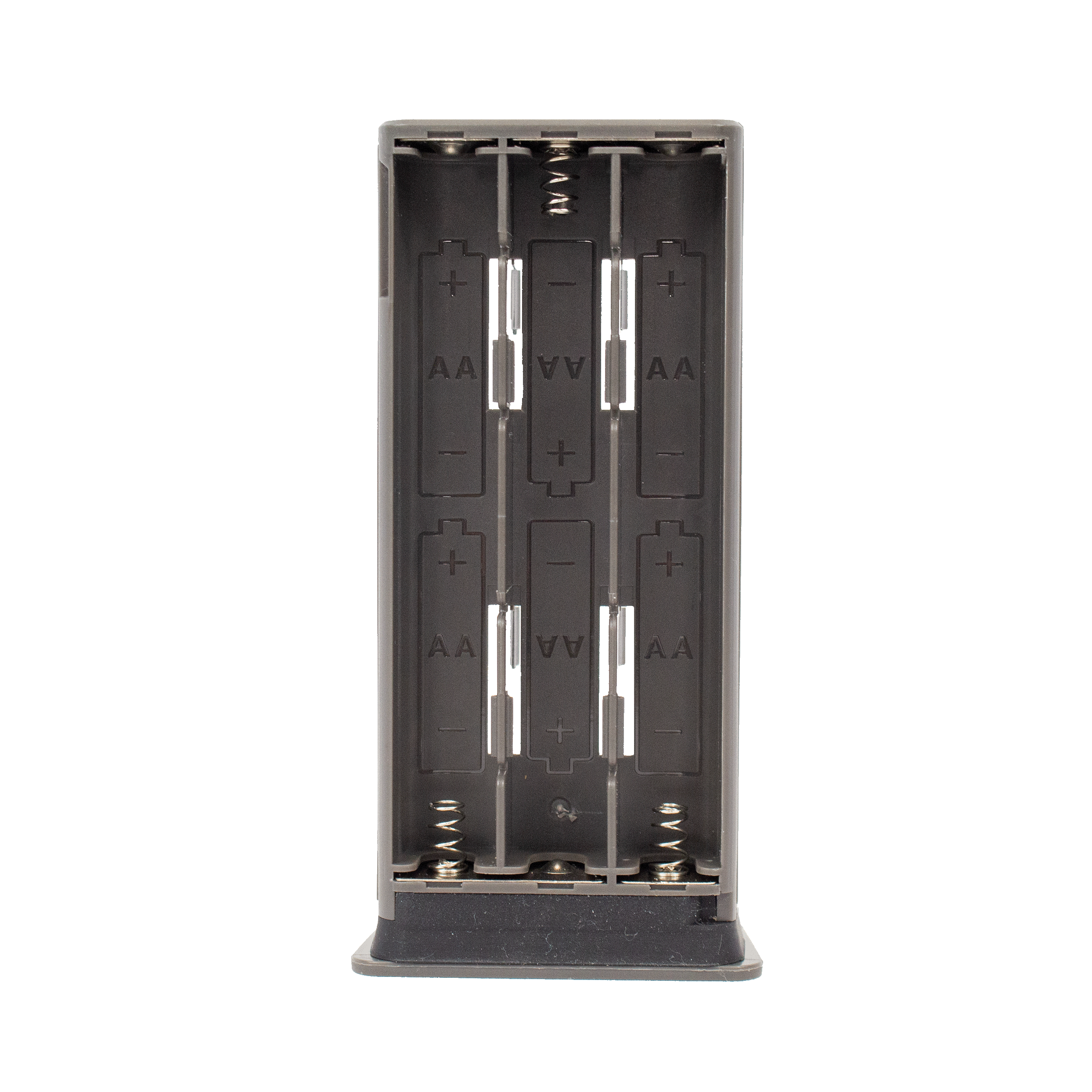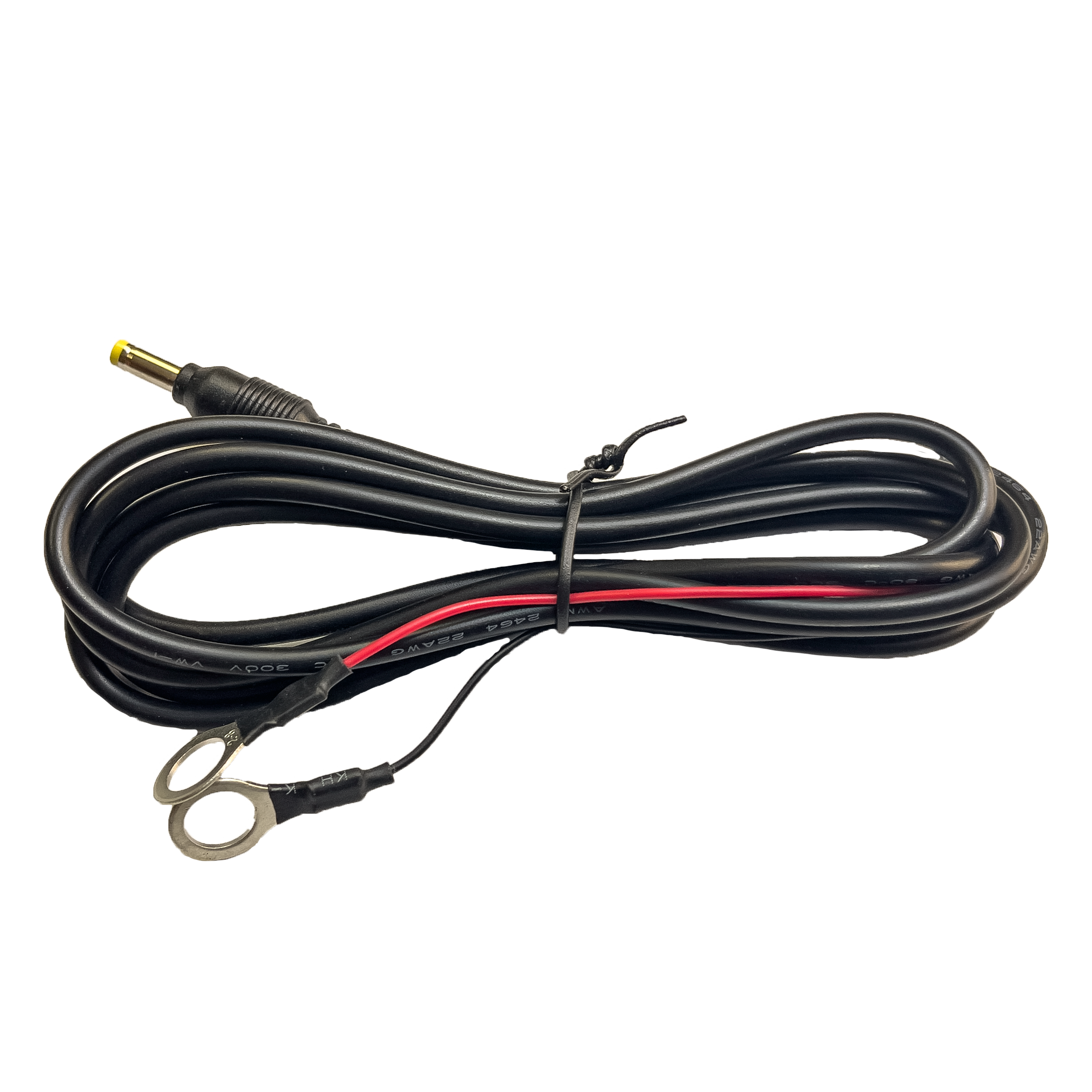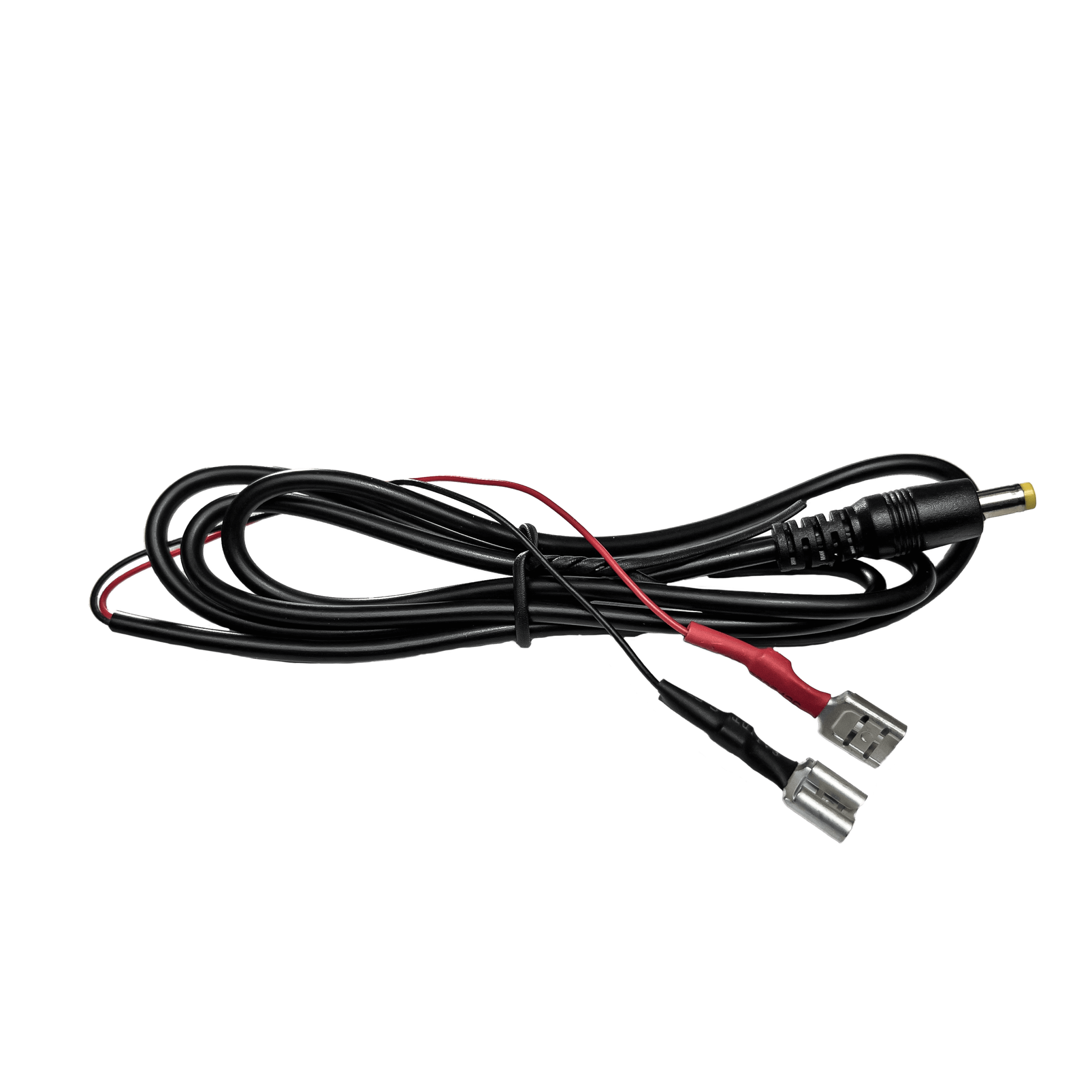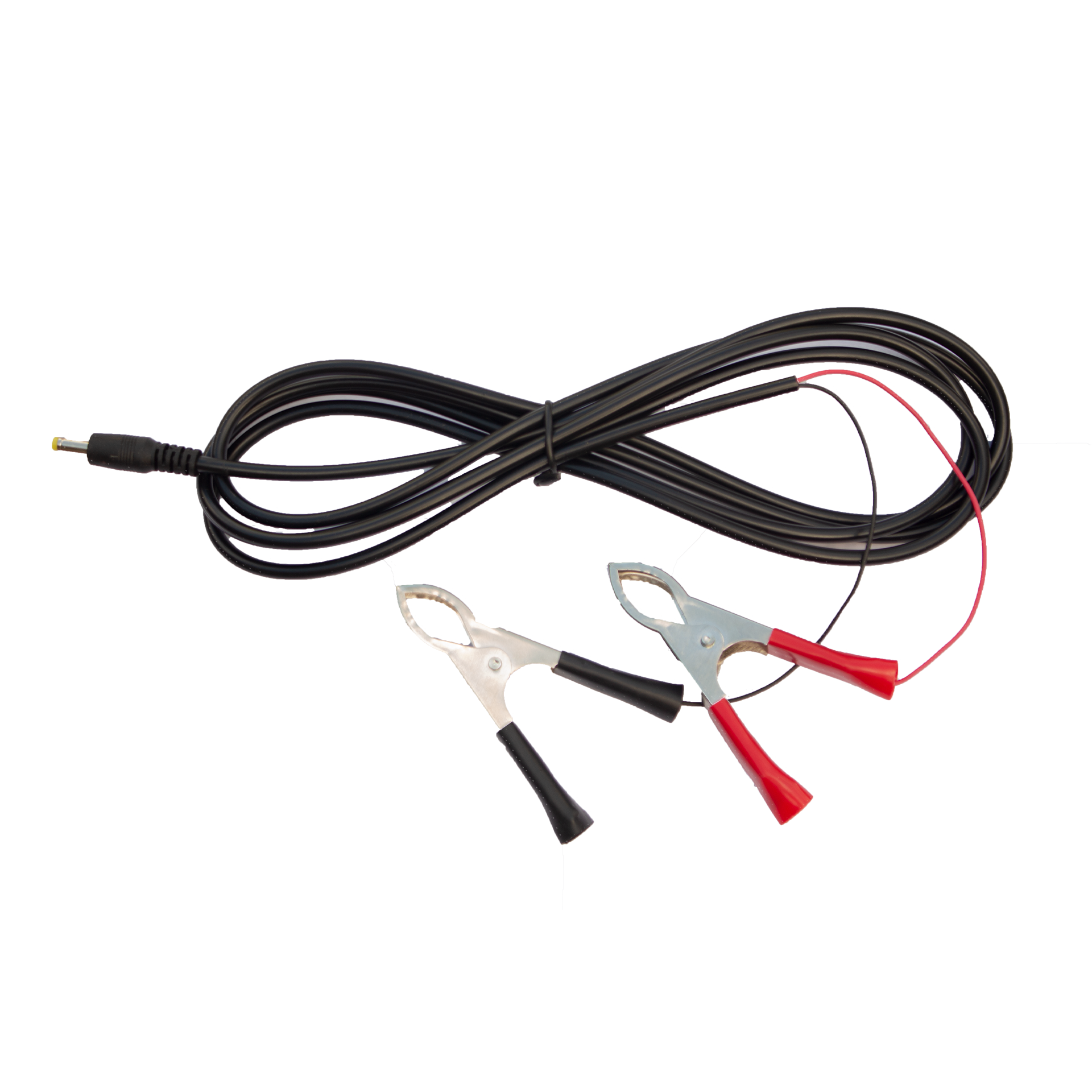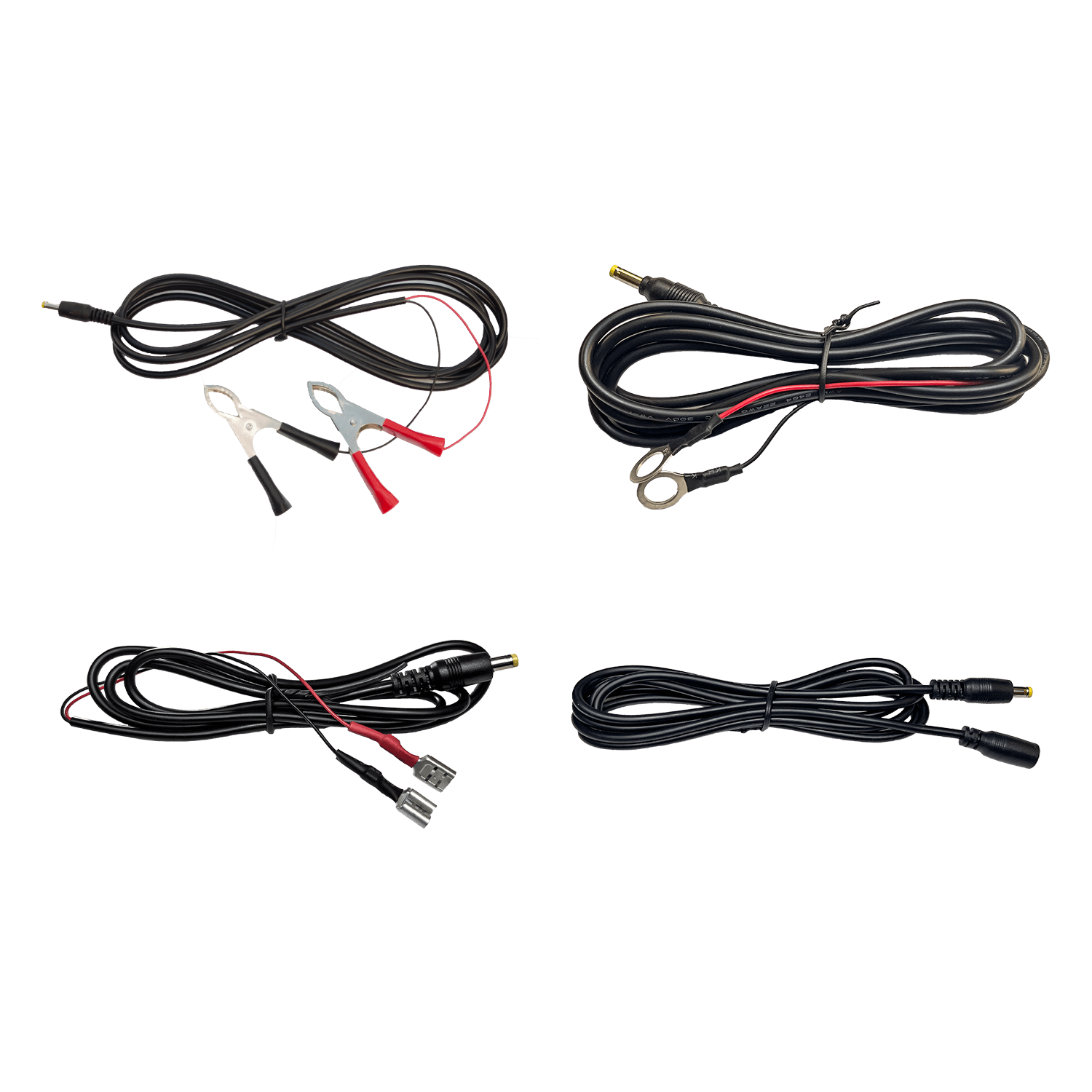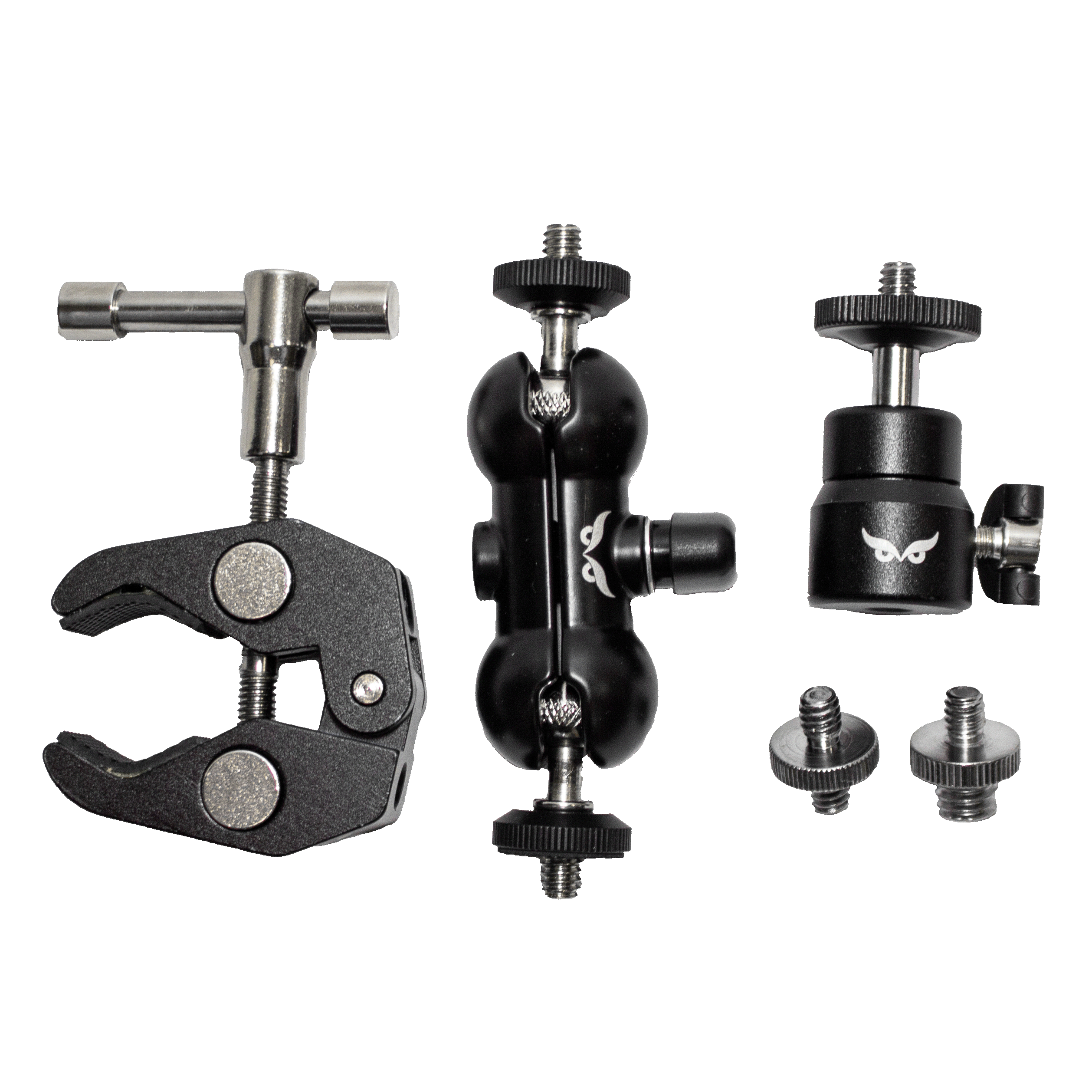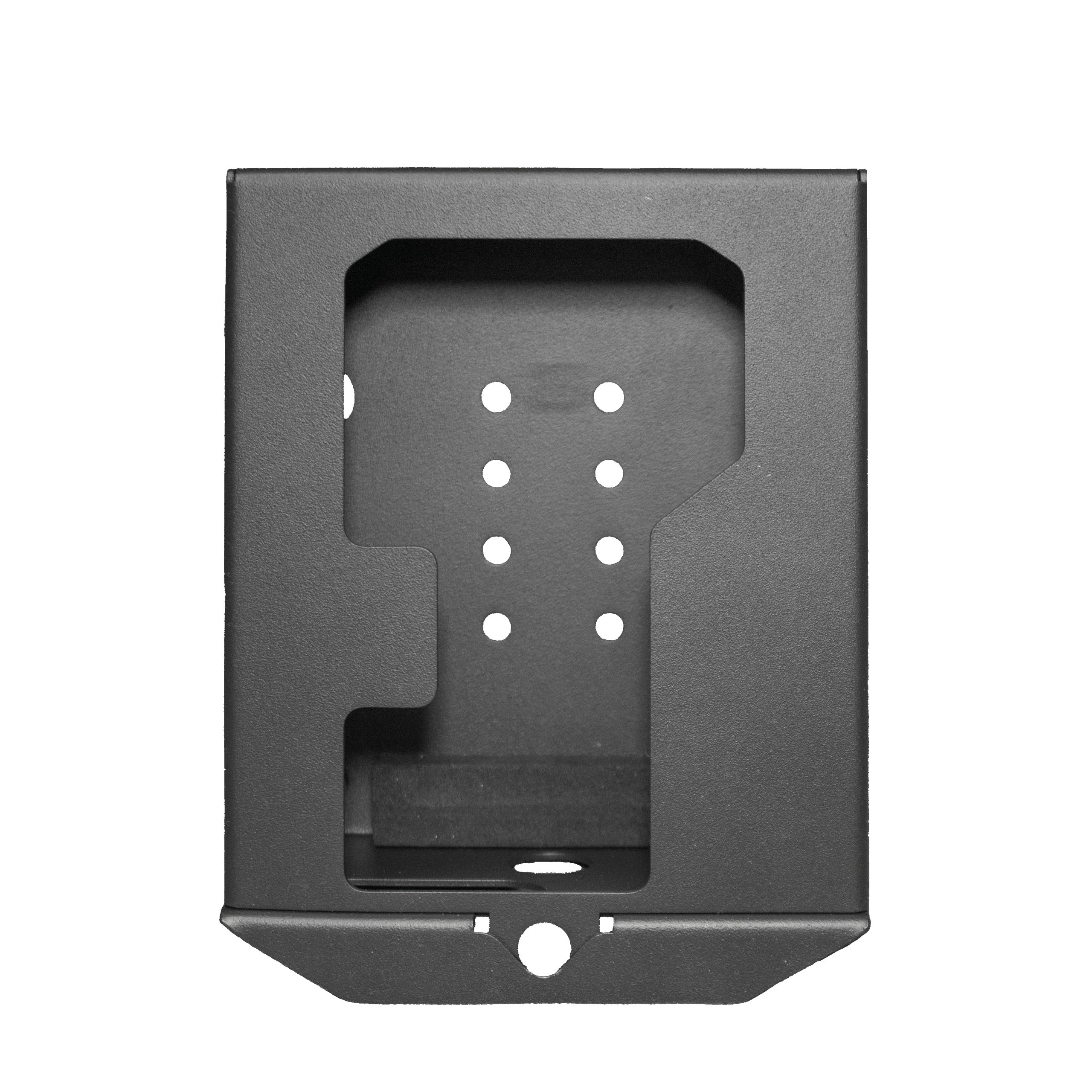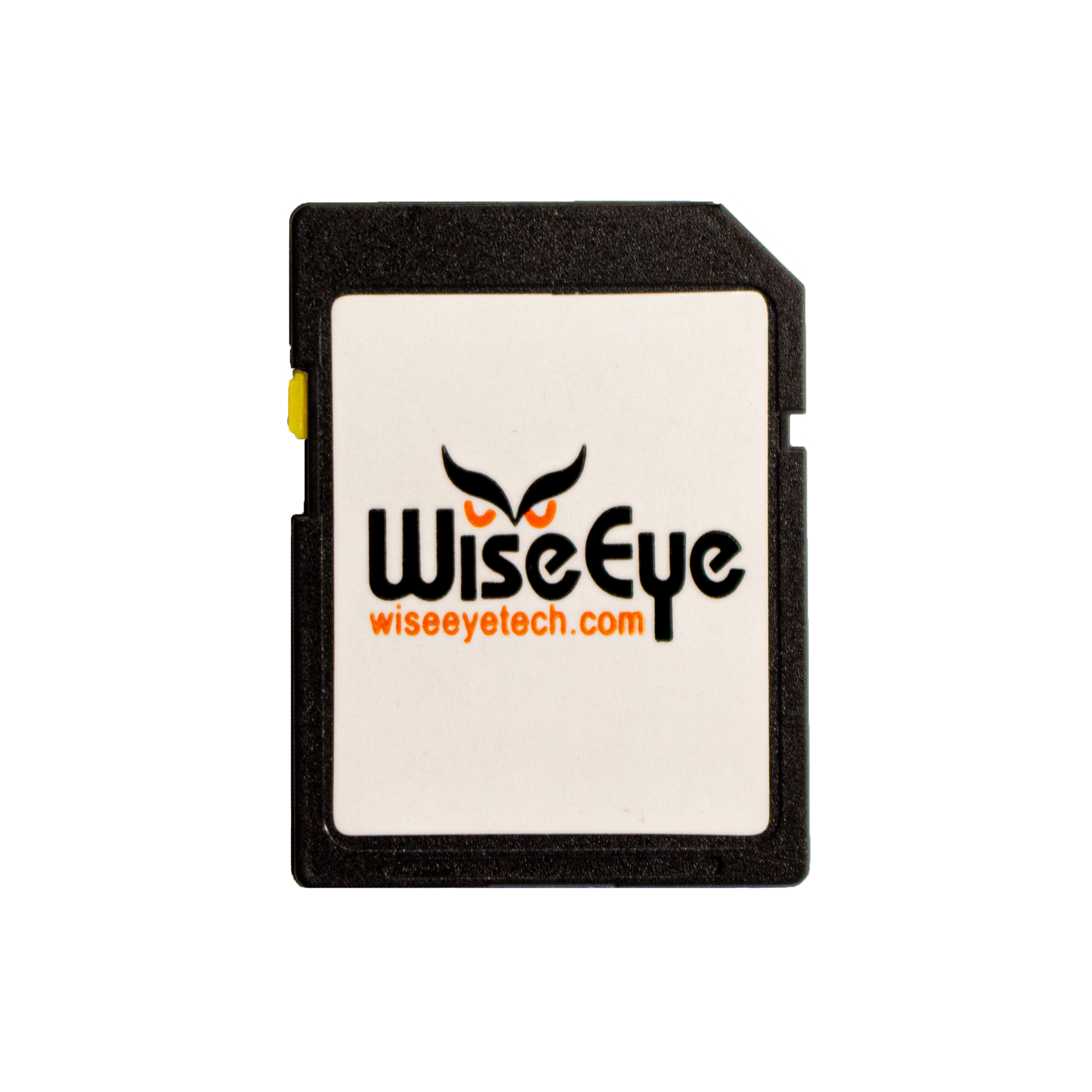Tips for Optimum Duck Dog Health and Nutrition
When your dog loses energy in the field, one of three factors is to blame: improper conditioning prior to hunting season,  hypothermia, or improper fueling. What you feed your dog matters, particularly if your pet is older or weather conditions are particularly cold. Just as you would not put diesel fuel in a sports car, you should pay close attention to how you fuel your dog. Tips for duck dog nutrition are listed below.
hypothermia, or improper fueling. What you feed your dog matters, particularly if your pet is older or weather conditions are particularly cold. Just as you would not put diesel fuel in a sports car, you should pay close attention to how you fuel your dog. Tips for duck dog nutrition are listed below.
Fuel equals Energy
Remember, the nutrients that your dog consumes is what fuels him in the field. If you want your dog to withstand the rigors of running, swimming, and maintaining core body temperature, feed your pet a high-quality food intended for performance.
Proper Fat/Protein Balance Important
Whereas humans convert carbohydrates into energy, dogs utilize fat for exercise. Therefore, a high-fat food full of quality protein is necessary for a dog expected to perform in extreme conditions. If your hunt is set to take place in particularly cold conditions, a high fat, high protein diet is especially crucial.
Don’t Switch Food Mid-Season
Some hunters opt to give their dogs a maintenance diet for part of the year, one that has less fat and protein, and more carbohydrates. This diet change should never happen mid-season. Your dog’s metabolic system will de-train, resulting in reduced athleticism and endurance. For best results, a performance diet should be fed year-round. If weight gain is an issue, simply reduce portion sizes.
Float the Food
Most dogs are chronically dehydrated which can cause impaired performance and for them to seek out water from dangerous or unsavory sources. To encourage adequate water consumption, “float” your dog’s food by submerging it in water. This will encourage your dog to drink more, and will reduce the risk of your pet contracting parasites from drinking in the field.
Feed Once Per Day
Dogs should be fed once per day for optimum nutrition priming. Total digestion takes approximately 24 hours, so it is important to feed your gun dog the night before the hunt – not the morning before. A dog’s
digestive system requires 12 – 14 hours for complete energy conversion, and only feeding the morning before will leave your
dog depleted by the time he reaches the field. Do not feed your dog immediately before the hunt, as this will disrupt your
dog’s energy systems. Ideally, dogs should be fed 30 – 60 minutes following exercise.
Ultimately, a gun dog can be perfectly trained and conditioned but unable to withstand the rigors of a long day’s hunt if not properly fueled. Is your dog on the right diet?
Author Bio:
Joe Scarpy – Joe is the founder of HuntEmUp.com, The Worldwide Sporting Dog Superstore and Owner of Bull Valley Retrievers, Northern Illinois Retriever Training, specializing in all-breed obedience and Retriever Field and Gun Dog work. Joe brings to the table years of training and hunting experience as well as knowledge of the latest hunting and training products on the market, to help you make your hunt and dog the best he can be.
At HuntEmUp.com, we know sporting dogs. From the time they’re a puppy, through their senior years, we’ll keep you informed on the latest news and information. For more information on Training, Preparing and Caring for your Dogs, read our Hunting and Sporting Dog blog.
Join Our HuntEmUp.com Customer Club Today!
Join Our Customer Club and be entered in our Monthly Giveaway and a chance to Win products and more!
Join for FREE Today – Click Below to Get Started!



